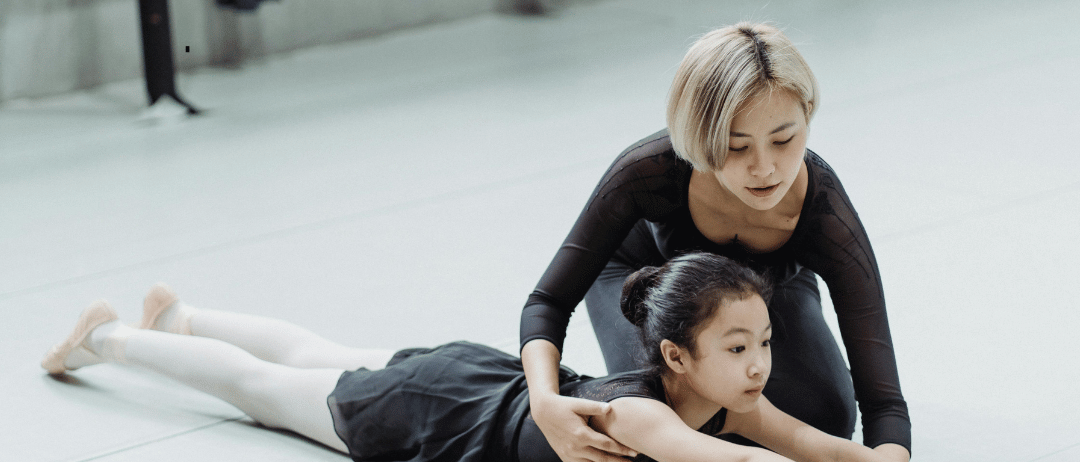Every great singer starts somewhere, and the foundation of a strong voice is built on consistent vocal exercises. Whether you dream of performing on stage or just want to improve your vocal skills, warming up and strengthening your voice is essential.
For beginners, learning the right techniques early on can make all the difference. Singing exercises for beginners not only improve vocal range but also build endurance, control, and confidence. Let’s explore the top five exercises that will help young vocalists develop a powerful and flexible voice.
1. Breathing Control: The Foundation of Singing
Before you even think about hitting those high notes, you need to master breath control. Proper breathing helps singers sustain notes, control volume, and avoid vocal strain.
How to Practise
- Sit or stand up straight, placing one hand on your stomach.
- Inhale deeply through your nose, feeling your stomach expand (not your chest).
- Exhale slowly through your mouth while counting to five.
- Gradually increase the count to ten as your breath control improves.
Why It’s Important:
- Strengthens lung capacity.
- Helps with vocal stability.
- Prevents tension in the throat.
Practising deep breathing exercises every day will create a solid foundation for your singing voice.
2. Lip Trills: Warming Up the Vocal Cords
If you’ve ever blown air through your lips to make a buzzing sound, you’ve already done a lip trill. This simple but effective exercise helps singers relax their vocal cords and improve resonance.
How to Practise
- Take a deep breath and place your fingers on both sides of your cheeks to support your lips.
- Blow air through your lips while making a brrrrr sound.
- Glide up and down in pitch as if you’re sliding along a musical scale.
- Repeat for 30 seconds to a minute.
Why It’s Important:
- Reduces vocal strain.
- Improves pitch control.
- Warms up the vocal cords safely.
Lip trills are an easy and fun way to prepare your voice before any singing session.
3. Sirens: Expanding Your Vocal Range
Sirens are a fantastic way to smooth out transitions between low and high notes, making them essential for beginners working on vocal flexibility.
How to Practise
- Start with a low note and gradually slide up to your highest note, like the sound of a siren.
- Slide back down to the lowest note without any breaks.
- Repeat the exercise 5-6 times.
Why It’s Important:
- Helps with vocal agility.
- Smoothens register shifts between chest voice and head voice.
- Reduces vocal cracks and breaks.
Sirens are great for discovering your vocal limits and gently stretching your range over time.
4. Humming: Strengthening Vocal Resonance
Humming is a gentle yet powerful exercise that helps singers develop a strong, clear tone. It also minimises vocal strain while improving resonance.
How to Practise
- Keep your lips closed and hum a comfortable note.
- Feel the vibration in your lips and chest.
- Slowly move up and down the scale while humming.
- Repeat for 5-10 minutes as part of your warm-up.
Why It’s Important:
- Strengthens the vocal cords.
- Enhances breath support.
- Improves vocal tone and resonance.
Humming is a simple yet effective way to improve vocal clarity and control.
5. Vowel Exercises: Improving Clarity and Diction
Clear pronunciation is just as important as vocal power. Singing with proper diction ensures that every word is understood. Vowel exercises help singers open up their sound and articulate clearly.
How to Practise
- Sing the vowels A, E, I, O, U on a single note.
- Hold each vowel for 3-5 seconds, ensuring clarity and openness.
- Move up and down the scale while maintaining pure vowel sounds.
Why It’s Important:
- Improves articulation and enunciation.
- Enhances vocal tone and consistency.
- Helps singers shape words correctly while singing.
Mastering vowel control is key to singing with precision and expressiveness.
FAQs: Singing Exercises for Beginners
Q: How often should I practise vocal exercises?
A: Ideally, daily. Even 10-15 minutes of vocal exercises can improve technique over time.
Q: Do I need a vocal coach to do these exercises?
A: While a coach can provide guidance, these exercises are safe for beginners to practise on their own. Just ensure proper posture and breathing.
Q: Can these exercises help me sing high notes?
A: Yes! Sirens and lip trills, in particular, help develop range and make it easier to hit high notes without strain.
Q: Should I warm up before singing songs?
A: Absolutely. Warming up prevents vocal strain and allows you to sing more comfortably.
Q: How long before I see improvements in my voice?
A: Consistency is key. With regular practice, most beginners notice improvements in control and tone within a few weeks.
Final Thoughts: Build a Strong Vocal Foundation
Singing isn’t just about natural talent—it’s about consistent practice and smart techniques. These singing exercises for beginners are designed to help young vocalists develop control, confidence, and a healthier voice.
The more you practise, the stronger your voice will become. So, start small, stay consistent, and most importantly—enjoy the journey of learning to sing.

